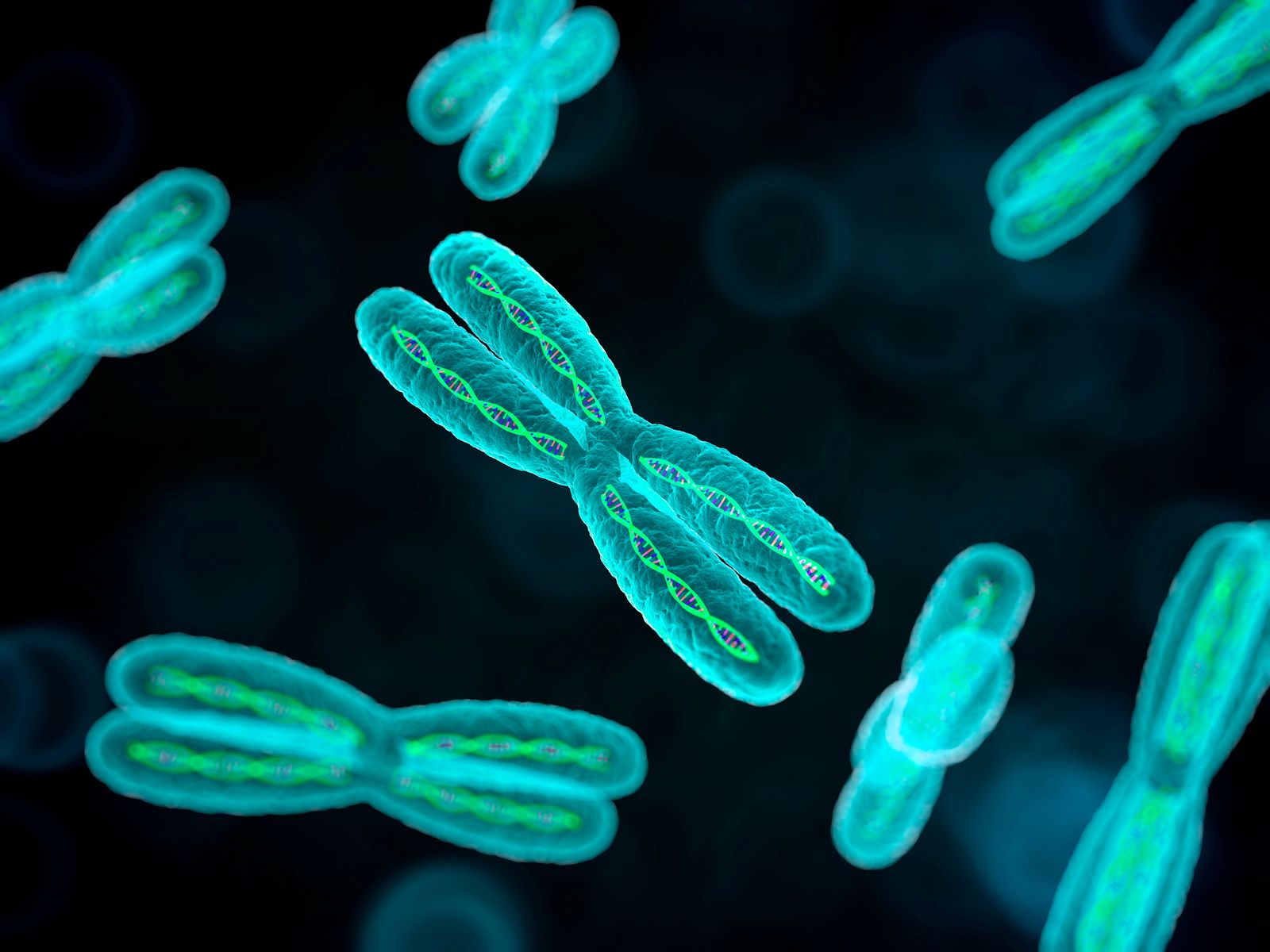Reprogramming the Genetic Code

Project Summary
One of the fundamental challenges in reprogramming the genetic code of cells is to direct the incorporation of custom unnatural amino acids - beyond the canonical 20 - into proteins. To this end, the unnatural amino acids need to be recognized by their specific tRNA synthetase inside the cell and charged onto a distinct tRNA. This loaded tRNA is then directed to the ribosome and the charged unnatural amino acid is site-specifically incorporated into a growing polypeptide chain in response to a particular codon.
We have shown that it is possible to create an orthogonal translation pathway in the cell in which an orthogonal ribosome, is directed to a new mRNA message, which is not translated by the endogenous ribosome. Since this orthogonal ribosome, unlike the native ribosome, is not essential it is possible to evolve it for new functions. Further, we developed mutually orthogonal tRNA synthetase / tRNA pairs that allow for the specific incorporation of multiple distinct unnatural amino acids into the same protein.
The lab aims to expand the scope and efficiency of unnatural amino acid incorporation to enable the efficient synthesis of a diverse set of sequence-defined polymers entirely composed of unnatural monomers. The reliable cell-based synthesis and evolution of biopolymers with chemical properties distinct from natural proteins has potential applications in material science, medicine and beyond.
Potential Supervisors
- Professor Jason Chin (Founding Director, GBI, EIT & Professor of Chemistry and Chemical Biology, Department of Chemistry, University of Oxford)
Skills Recommended
- A Master’s Degree (or equivalent) in a relevant scientific discipline (e.g. Biology, Chemistry, Engineering, Computer Science)
- Experience of hands-on research in a laboratory setting
- Proven ability to work independently, think creatively, and solve complex problems
- Experience with data analysis, automation platforms, or computational tools relevant to the field
- Experience preparing publications and delivering scientific presentations
- Strong organisational skills and the ability to manage multiple parallel workstreams
- Excellent written and verbal communication skills, including the ability to collaborate across multidisciplinary teams
- A proactive mindset and enthusiasm for working in a fast-paced, high-growth research environment
University DPhil Courses
- DPhil in Chemistry
- Other courses to be added as GBI grows its faculty
Relevant Literature
- Wesley E. Robertson et al., Sense codon reassignment enables viral resistance and encoded polymer synthesis.Science372,1057-1062(2021).DOI:10.1126/science.abg3029
- Rackham, O., Chin, J. A network of orthogonal ribosome·mRNA pairs. Nat Chem Biol 1, 159–166 (2005). https://doi.org/10.1038/nchembio719
- Dunkelmann, D.L., Piedrafita, C., Dickson, A. et al. Adding α,α-disubstituted and β-linked monomers to the genetic code of an organism. Nature 625, 603–610 (2024). https://doi.org/10.1038/s41586-023-06897-6
- Spinck, M., Guppy, A. & Chin, J.W. Automated orthogonal tRNA generation. Nat Chem Biol 21, 657–667 (2025). https://doi.org/10.1038/s41589-024-01782-3
- Dunkelmann, D.L., Willis, J.C.W., Beattie, A.T. et al. Engineered triply orthogonal pyrrolysyl–tRNA synthetase/tRNA pairs enable the genetic encoding of three distinct non-canonical amino acids. Nat. Chem. 12, 535–544 (2020). https://doi.org/10.1038/s41557-020-0472-x




